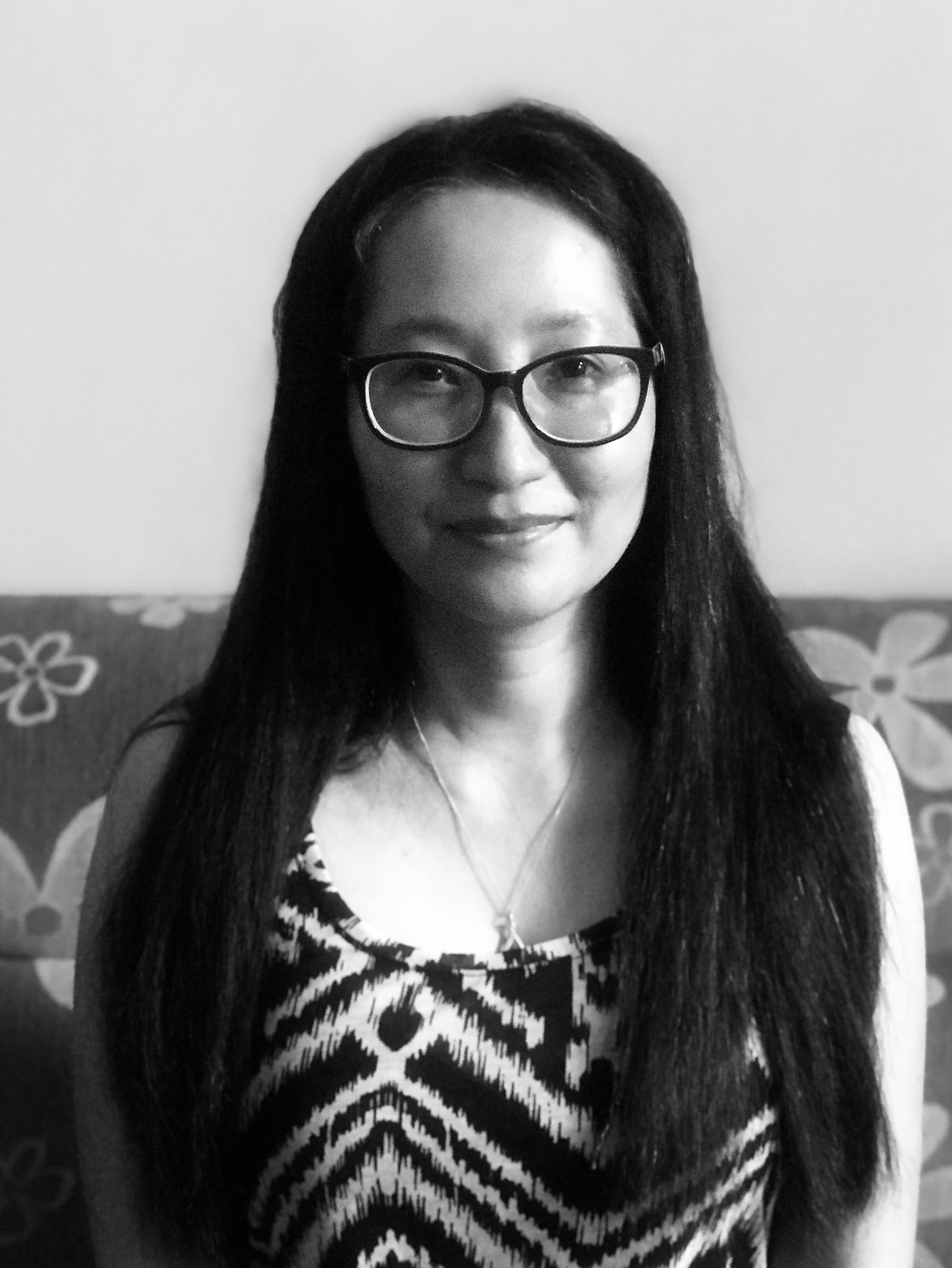Miscellaneous
Outside; looking in
We are always looking for a way to belong because we think belonging gives us identity
Prateebha Tuladhar
Dearest S,
It’s no more possible to look out the window and see your house. Buildings have gone up on every little patch of open space we knew growing up. Neighbours have become distant. But Ganesh Basti still is. Most of the people I run into, always ask me: Smriti ko ke cha. And even though it’s been a while since we talked, I tell them you’re alright. With you, I’ve always felt in touch whether or not we call or write.
The last time we exchanged brief emails, you’d asked me what I think of what’s happening in the country. You said there was so much you wanted to talk to me about. But we left it at that. The thing is, I don’t know what’s happening in our
country. I listen to my colleagues talk about it sometimes. There’s either anger against the Madhes-based politicians or against India. There’s also a smaller section that is angry at the centre and the way the authorities have never acknowledged the minority. Then I go on Twitter, which has become a battleground of words and it sickens me. It makes me wonder where we are really coming from. So, you see? I know nothing about what’s happening in this country. But I do know that after living in Kathmandu ever since she got married 20 years ago, Bhabi still feels like an outsider. She makes her way around this city just the way hundreds of others do.
But the moment she speaks, people identify her as someone who comes from India. No, not the Madhes. It’s just convenient for people to guess she comes from India, because she looks like an Indian and speaks Nepali with an accent.
I think it is this trait in people—so quick to judge—which always bothered your mother. Auntie would ask me sometimes, if I was ashamed of visiting her because she was an ‘outsider’. I did not understand the meaning of it then. In fact, I
remember feeling a little startled by that question. But when violence broke out in Gaur in 2007, it finally dawned on me. I wonder if Bhabi feels similarly when I don’t go over for long. But when I visit, she will immediately rush to the kitchen and pile plates with roti, mithai and kheer and everything else that’s cooking and set them before me. The children, first shy, will eventually refuse to leave my side, and will begin to flaunt their latest artwork and science projects. I’m like the prodigal son. You probably feel the same way when you visit my place once in every few years when you are in Nepal. But even when you are away, Mamu never forgets to mention you. Smriti loves aloo-cauli-matar. Your name pops up just like that. When Ram Prabesh dai came to repair the inverter last month, I overheard Mamu ask him if he knew the Jaiswals from Janakpur. Then they entered this conversation about how the politicians did not care about the people and how the Nepali society had not been taught to be more respectful of all ethnicities.
If you are a Kathmandu-bred Newar, you’re usually in the comfort zone. You’re not treated as an outsider by the state even if you can’t read Nepali at government offices and can’t relate to the Daura Suruwal culture. And because you are categorised as a Janajati, the hills communities also feel an affinity with you. But among Newars themselves, I’ve always felt like there’s been the need to prove you belong. I sensed that with my grandmothers— their forefathers had left Kathmandu for trade, settling down in different parts of the northeastern territory—who were always treated as foreigners even by their relatives. How come your grandmother looks like a Tibetan? The question was always directed in a tone that meant I was supposed to feel uncomfortable about it. It’s a question I struggled to answer as a child, until I heard the story about how Newar merchants married Tibetan women in Lhasa, starting a new ‘caste’. But even when she spoke Newari with fluency and conducted all the sacred rituals impeccably, Ajee was still an outsider for her appearance and for where she was ‘brought home’ from. ‘Othering’ is a term I’m grappling to understand after a friend helped me see why my grandmothers always lacked confidence even when they were women who ran the house.When I think of it, it makes me feel a little ashamed of myself for being a part of a society that isn’t embarrassed by discrimination.
We are always looking for a way to belong because we think belonging gives us identity. If you say your family belongs in Kathmandu, it lends you stability. But the moment you say you moved here twenty years ago, people decide you never belonged here in the first place. They will treat you like a visitor and not a resident. Visitor. You are expected to leave at some point.
After the Gaur event occurred, I remember we exchanged long emails about what it meant to not be part of the majority population. We feared the violence would further spark communal riots. I remember you had tried to allay my fears saying it would eventually be alright. And you’d ended your email saying, “Pratish, if every Pahadi and Madhesi were friends like you and I are, our country would have never come to this.”
I miss you.
P




 12.12°C Kathmandu
12.12°C Kathmandu










